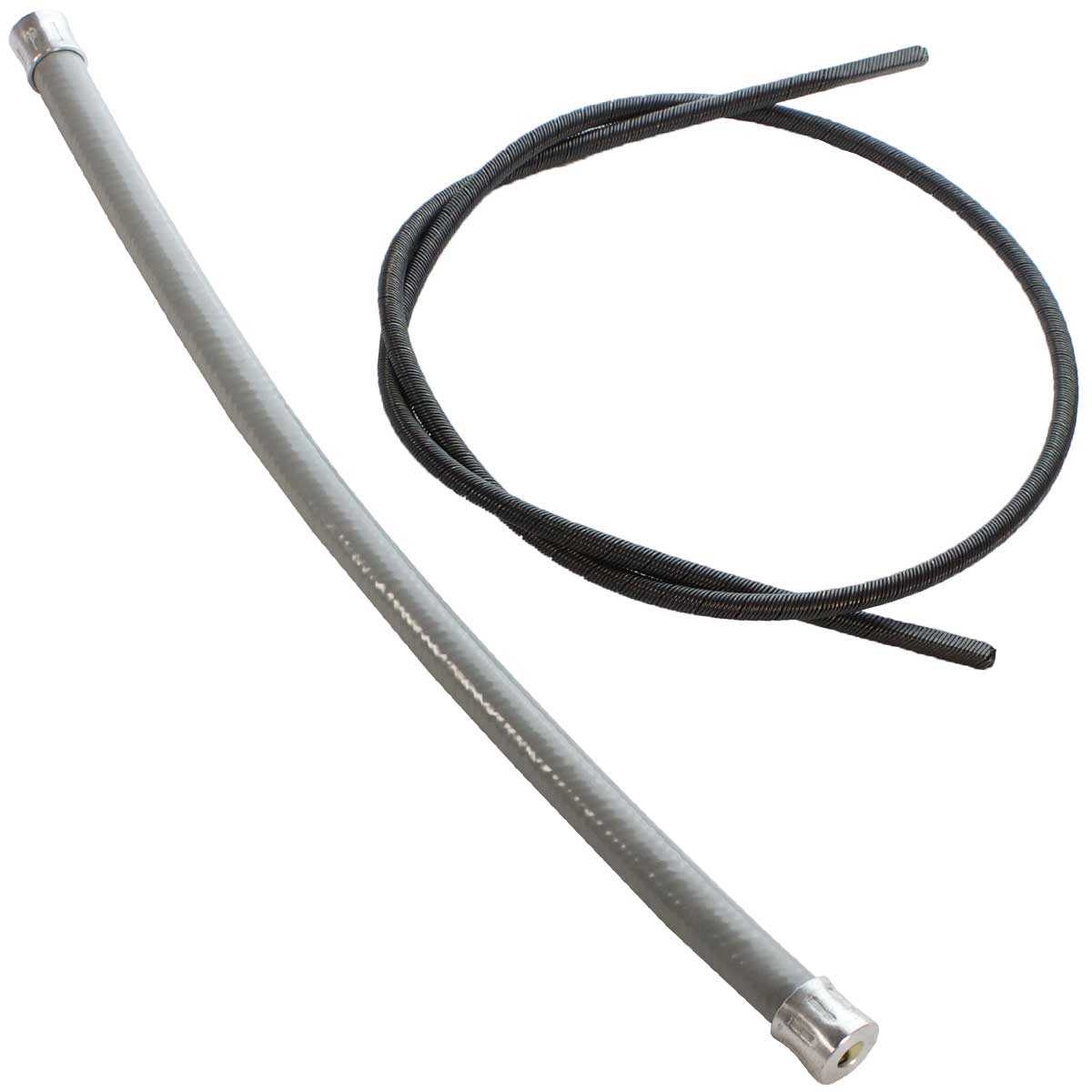
USG Sheetrock Easy Sand is an adhesive that fills, smoothes, and bonds interior and exterior above-grade concrete as well as gypsum ceilings. It is also suitable for surface texturing and laminating gypsum panels. This type of joint compound is chemically setting and has a high level of durability. To find the right product for your needs, you can choose from many formulations. These compounds can be used in damp conditions and are highly resistant to temperature and humidity. These compounds provide a great bond and are convenient for finishing drywall interiors.
Easy Sand 20 is a quick-drying, setting joint compound that can be used in interior drywall. It's a bit more difficult than other types but is very easy to sand. The mud can take up to 1 or 2 days to dry in different climates, but it can be sanded easily to create a smooth finish. If you are new to using joint compound, you may want to use Easy Sand 90. However, you will need to be careful and apply it with caution.
Easy Sand 45 may be an option if you are looking for a lower-level joint compound. Easy Sand 45 is an excellent choice for intermediate users and is simple to use. It is slightly easier to use than Easy Sand 210. Easy Sand 45, in addition to being sandable can also be applied over tape. The mud can be mixed in about 45 minutes.
Although Easy Sand 210 and Easy Sand 5 are a bit harder to work with, they are still very sandable. You can use them as filler mud but best for tapping. Both are available in natural colors, and they provide a good bond.

ES chemicals can withstand extreme temperatures and humidity. They also provide quick, efficient, and smooth results. Their fast setting times make them ideal for patching and repairing drywall. You can choose from a range of formulations, as well as options for shrinkage and setting time. They are great for a wide range of projects such as wall, floor and floor repairs and also for finishing and texturing.
FAQ
How long does it usually take to renovate your home?
It depends on the size of the project and the amount of time that you spend each day. The average homeowner spends three to six hours each week working on the project.
Can I rent a dumpster?
To help you get rid of the debris from your home remodeling project, you can hire a dumpster. Renting a dumpster will help you keep your yard clear of debris and trash.
Which order should you do your home renovations?
The first thing you need to do when renovating your home is to decide where you want to put everything. If you're planning on selling your home soon, it is important to consider how you wish to present your home for potential buyers. The design of your living room, bathroom, and kitchen should be the first thing you think about. After you have selected the rooms you wish to renovate you can begin searching for contractors who specialize. Finally, once you have hired a contractor, you should begin working on your renovation project.
How can I avoid being ripped off while renovating my home?
You can avoid being ripped off by knowing exactly what you are getting. Make sure you read every word of the contract before signing it. You should also not sign any unsigned contracts. Always request copies of signed contracts.
How important is it that you are preapproved for a loan?
It's important to be pre-approved for mortgages. This will allow you to determine how much money you can borrow. It helps you to determine if your loan application is eligible.
Do I need an architect/builder?
It may be simpler to hire someone to help you renovate your home. If you're looking to purchase a home, an architect or builder can help you achieve your goals.
Are there ways to save money on home renovations?
By doing all the work yourself, you can save money. You could, for example, try to reduce the number of people involved in the renovation. Another option is to try to lower the cost of the materials you use in your renovations.
Statistics
- The average fixed rate for a home-equity loan was recently 5.27%, and the average variable rate for a HELOC was 5.49%, according to Bankrate.com. (kiplinger.com)
- A final payment of, say, 5% to 10% will be due when the space is livable and usable (your contract probably will say "substantial completion"). (kiplinger.com)
- They'll usually lend up to 90% of your home's "as-completed" value, but no more than $424,100 in most locales or $636,150 in high-cost areas. (kiplinger.com)
- ‘The potential added value of a loft conversion, which could create an extra bedroom and ensuite, could be as much as 20 per cent and 15 per cent for a garage conversion.' (realhomes.com)
- It is advisable, however, to have a contingency of 10–20 per cent to allow for the unexpected expenses that can arise when renovating older homes. (realhomes.com)
External Links
How To
5 Things You Should Know Before Starting Your House Renovation
-
Do you really want this? You will need help if you are going to embark on a major home improvement project such as renovating your bathroom, kitchen, or building a new house. However, if you feel unsure about your ability to complete such a big task by yourself, you might consider hiring someone to help you. It will take up much of your time and money. There won't be any real benefits. Why not get someone who is experienced to assist you? These people will save you time, stress, and provide a beautiful place to live in.
-
How much should I spend? - This one might seem obvious, but spending too much on a renovation project could actually make matters worse. It's because you'll most likely be responsible for paying back the majority of the costs. So if you've got a budget in mind, stick to it! If you don't, you might end up spending a lot of money and not receiving anything.
-
Do I prefer to hire professionals or DIY? - There's no right and wrong answer. We recommend hiring professional tradespeople, however, if you're able to afford them. Their advice will be invaluable in helping you decide how to proceed. They can install the plumbing correctly and make sure that it is done safely. On the flip side, DIY projects usually involve lots of trial and error, which means you'll have to learn a lot of lessons the hard way. There will be many problems along the way.
-
How much can I afford it? - Do not underestimate how expensive a renovation project will cost. Even if the project seems manageable, it could prove costly and you will need to borrow money. If you are planning on selling your existing property soon after finishing the renovations, it is important to include the cost of selling it in your calculations.
-
Which place should I start? There is no right or wrong place to begin when it comes to starting. However, we would suggest that you choose somewhere that you enjoy working on. If you enjoy what you do, you will be more motivated to continue working and less likely procrastinate. Avoid places that need a lot of attention. If your living area is constantly cluttered with dust and dirt, you should not attempt to redesign it.